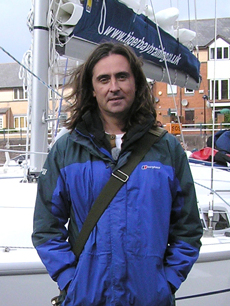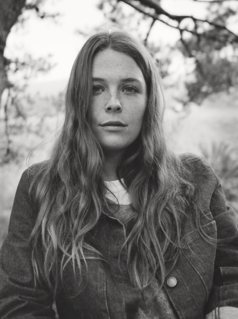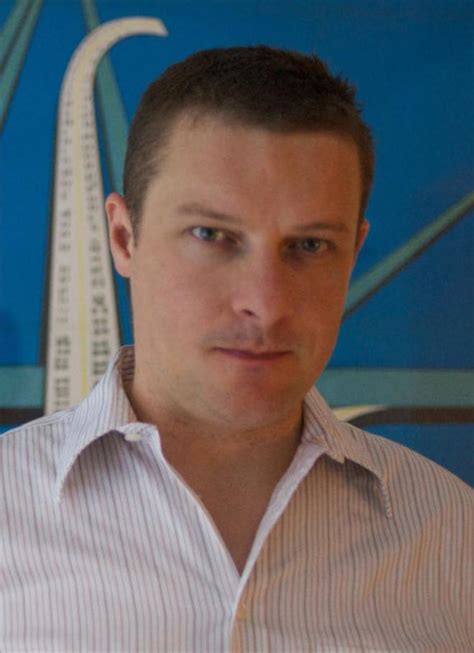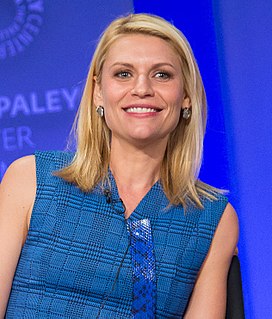A Quote by Dana Stabenow
I've been approached in the past to option my stories for television, but prior to Evergreen, there were no assurances the production would be filmed in Alaska.
Quote Topics
Related Quotes
Despite my dad's assurances I was strangely nervous my stomach tight ever since we'd hung up. Maybe Deb had picked up on this and it was why she'd pretty much talked nonstop since I'd approached her and asked for a ride. I'd barely had time to explain the situation before she had launched into a dozen stories to illustrate the point that Things Happened But People Were Okay in the End.
Larry and I, and a bunch of our colleagues, were sitting on great stories that needed to get out to an audience in one way, shape or form. We've both produced comics in the past, and audio dramas seemed like a similarly interesting option, the other side of the coin. As we've continued with the project, the format has become a vital way for us to tell our stories.
In my early teens, I knew I wanted to do television production. I loved cameras, editing and producing, anything that had to do with television production. My friend had a production studio across town, and we'd go over there at night and shoot and edit. I produced my father's televised service for 17 years.
I think I entered the market around the time when there was getting to be less snobbery about the difference between feature films and television. I think there's been a lot more receptivity on television to interesting adult stories that in the '60s and '70s would have been made into feature films. I have no problem jumping back and forth. If anything, I find it less restrictive working in television.
We can tell people abstract rules of thumb which we have derived from prior experiences, but it is very difficult for other people to learn from these. We have difficulty remembering such abstractions, but we can more easily remember a good story. Stories give life to past experience. Stories make the events in memory memorable to others and to ourselves. This is one of the reasons why people like to tell stories.
I grew up listening to my grandfather's stories of our musical past. He would often talk about the orchestras that played at concerts and the musicians who played on Sunday evenings on street corners. By the time I grew up in the '80s, all of this was a thing of the past. I lived vicariously through his stories and often wondered what it would have felt like to have been part of his generation.
Financing for 'Shotgun Stories' was initiated with money from close friends and family. This is where the money to go into production came from. After production, a company called 'Upload Films' came on board and provided post-production funds and services. In both instances, people were taking a gamble on us.


































